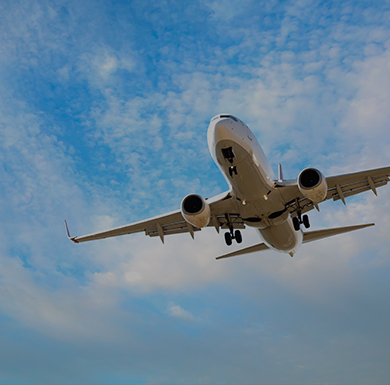FAA Medical denial can be hard to navigate. You need both a pilot and a lawyer on your side for your aviation law needs. You need an aviation attorney that focuses on FAA Medical Certificates. You need an aviation attorney that understands your legal problems.
You need an aviation attorney that will represent you to the fullest extent of the law. You need The Pilot Lawyer to vector you through your legal turbulence.
Listen to our podcast episodes:
- Diabetes and the FAA
- FAA AME with Dr. Auren Weinberg
- FAA and BasicMed
- FAA Fast Track for ADHD
- FAA Hotline Complaint
- FAA Medical and Obstructive Sleep Apnea with Dr. Clayton Cowl
- FAA Medical and VA Disability Benefits
- FAA Medical Certification with a DUI
- FAA Medical Certification with SSRI Medication
- FAA Medical Denial for ADHD
- FAA Medical with Past Anxiety
- FAA Neurology with Dr. Joseph Sirven
- FAA Neuropsychology with Dr. Chuck Denison
- FAA Psychiatry with Dr. Bascom Bradshaw
- Fighting the FAA on an Intentional Falsification Charge
- Obstructive Sleep Apnea
- Reconciliation of VA Benefits with FAA Medical Application
- The Reddit effect and the FAA
- What’s the Hold Up at the FAA
- Your FAA Medical Denial
Contact the Aviation Lawyers from The Ison Law Firm Aviation Lawyers for Help Today
You need both a pilot and a lawyer on your side for your aviation law needs. Don’t hesitate to contact our team from The Ison Law Firm Aviation Lawyers to schedule a confidential consultation with an experienced aviation lawyer today.
We’re pilots representing pilots. The Ison Law Firm Aviation Lawyers offers FAA enforcement defense and medical certification representation worldwide!
The Ison Law Firm Aviation Lawyers
Phone: Toll-Free 855-322-1215
Office Hours: Mon – Thu, 9:00 AM to 5:00 PM
Fri, 9:00 AM to 12:00 PM
Disclaimer: Messages left for attorneys after these business hours will be addressed the following business day, during business hours.

